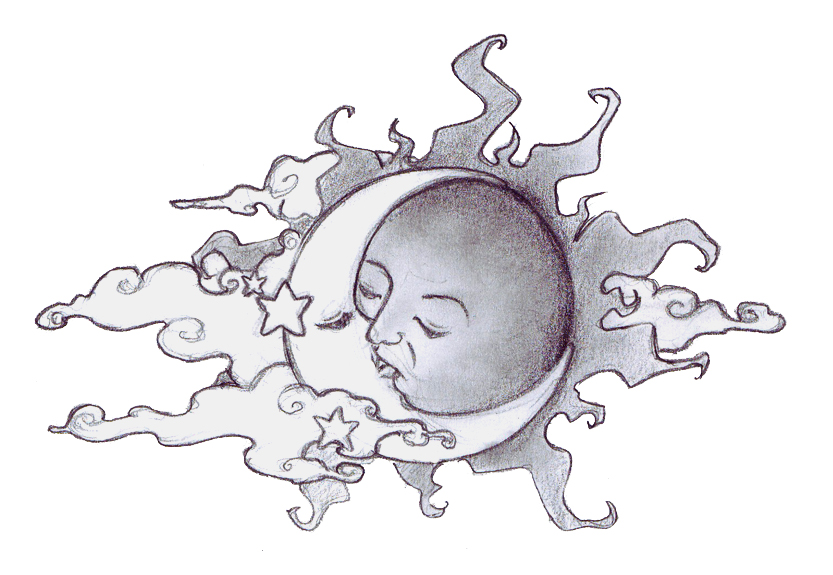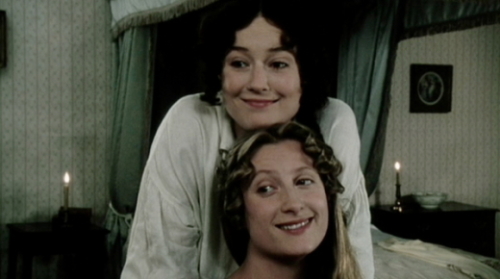I think this is
the first story we’ve read that has a proem, unless the prologues in Chaucer’s The Canterbury Tales count as proems.
Anyway, the proem describes the origin of the conflict in “Sir Gowther”—namely,
that demons rape human women and make them bear their literal hellspawn. Hang
on, supernatural beings fathering half-human children? That sounds familiar . .
.
Dangit Zeus.
The last three
lines of the proem are as follows: “I’ll tell you instead of a warlock great /
Who caused his mother’s heart to break / With all his deeds so wild” (22-24).
However, though Gowther’s deeds are indeed wild and heinous and altogether terrible, they do not seem to be the
deeds of a warlock since none are magical in nature. The only ones that might
be magical in nature are the slaughters of Gowther’s wet nurses and the tearing
off his mother’s nipple (ouch),
because I’m pretty sure babies are not strong enough to do any of that no
matter how hard they try! Then again, this is from the same genre that has
knights slicing their foes cleanly and precisely in two, so maybe I should stop
analyzing the realism of Gowther’s actions. That being said, the text later
refers to Gowther’s father as “the warlock wild” (674), so maybe “warlock” is
another term for “evil one.”
One more thing
about the proem: it makes no mention of the warlock’s penance and redemption.
This gives the impression that the story will just be about a monster of a man
who keeps doing worse and worse things until he has destroyed everyone and
everything in Europe. Alternatively, this gives the impression that the most
important parts of the story are about Gowther’s terrible deeds. I disagree;
Gowther’s penance and redemption are so important! Gowther is half-fiend, and
yet his mother (who knows his hellish heritage) treats him about the same as
she might a fully human child, the Pope allows him penance, and God answers
Gowther’s prayers. One might argue that a tendency toward harm is inherent and
strong in a half-fiend, and Gowther’s acts as an infant support this. Also,
Gowther easily listens to the Devil, as “He’d always work his father’s will /
Wherever he might fare” (176-177). One might say that Gowther is a lost cause,
that there is no use in trying to teach him to be good and to follow God. Yet the
people who raise Gowther do that, and even better: God shows mercy to a half-demon.
Did Christians
find a strange sort of comfort in this story back when it first circulated? I
figure if the Lord will forgive a half-demon for his sins, then He will surely
forgive ordinary humans for theirs.
Osborn, Marijane,
translator. Nine Medieval Romances of
Magic. Broadview Press, 2000.
I pledge that I have neither given nor received any unauthorized aid on this assignment.
Miranda A. Barrientos









